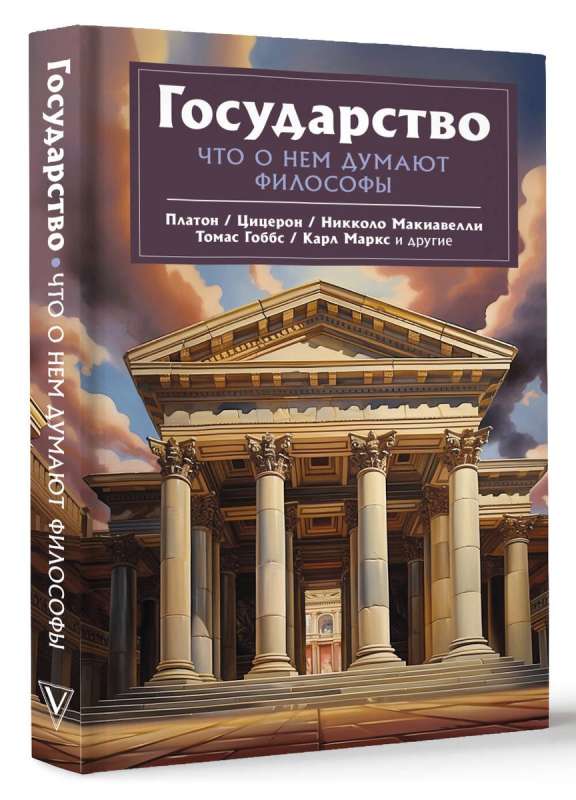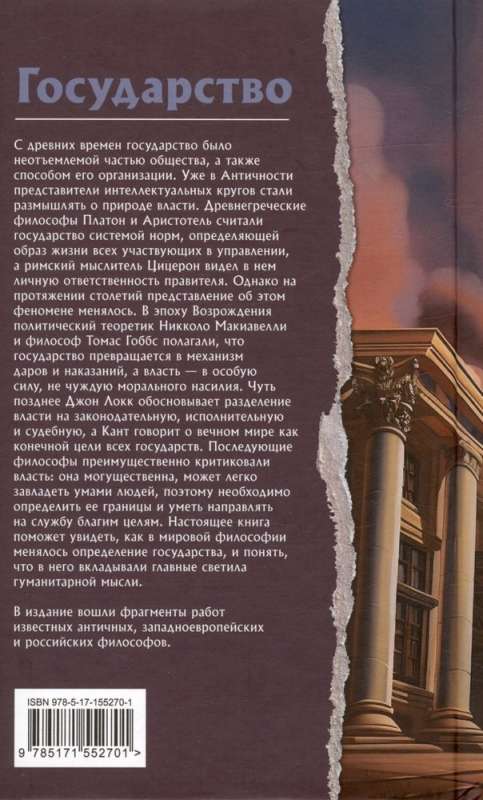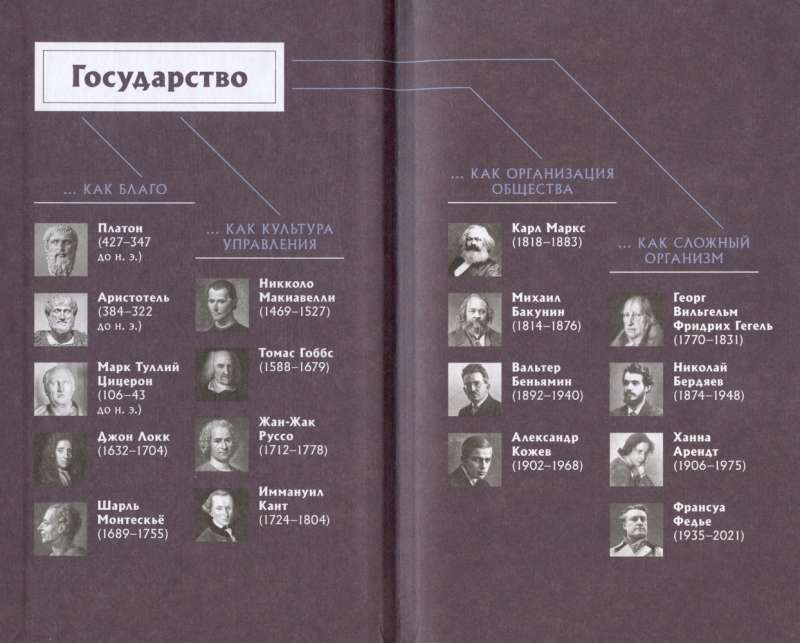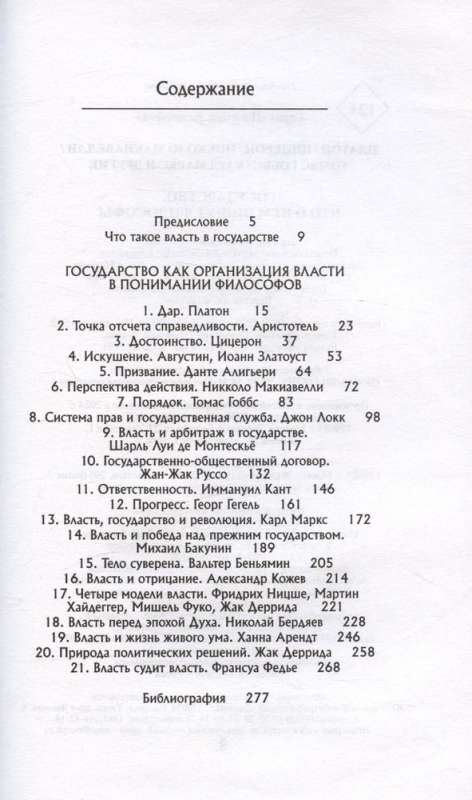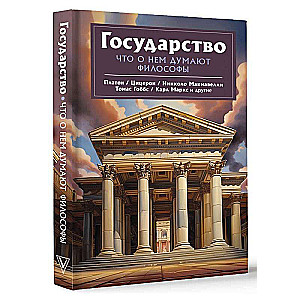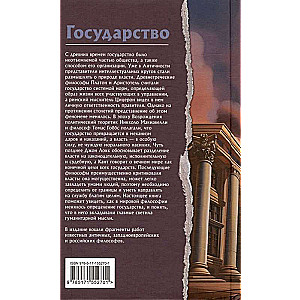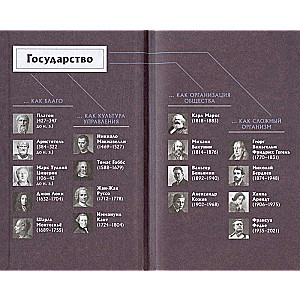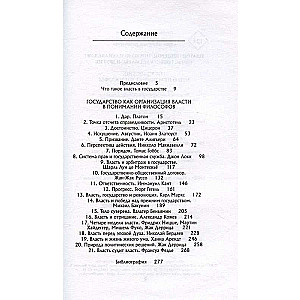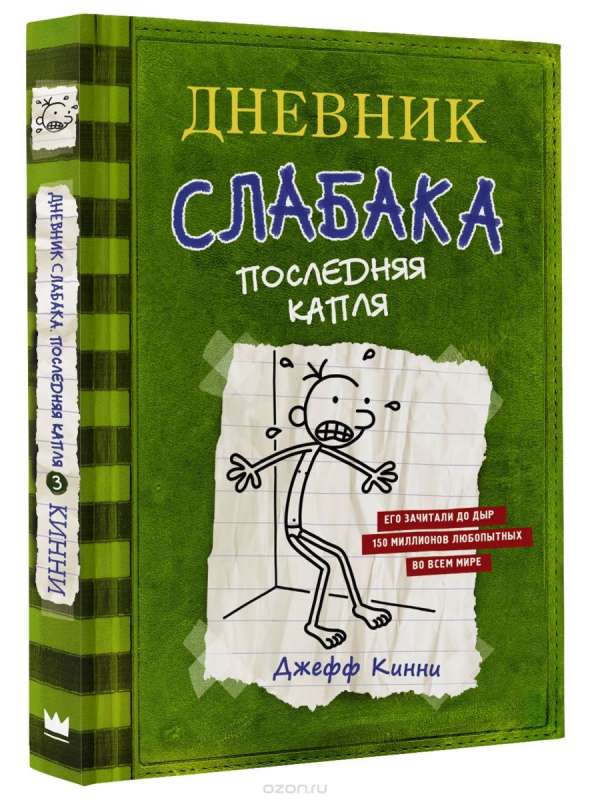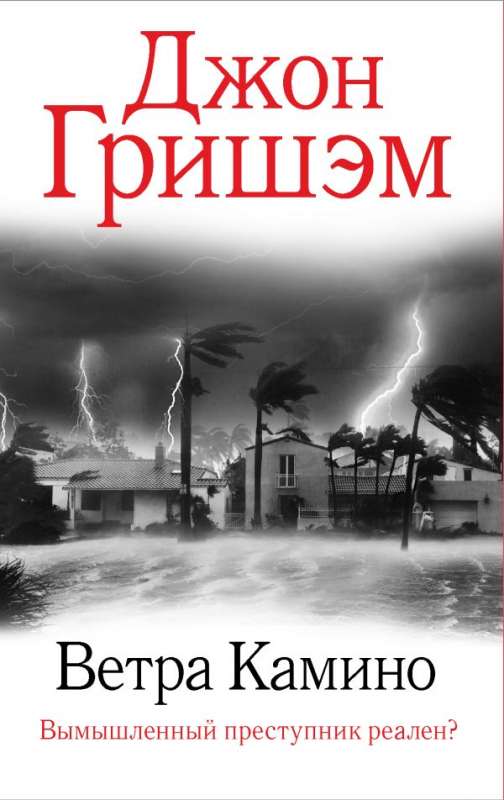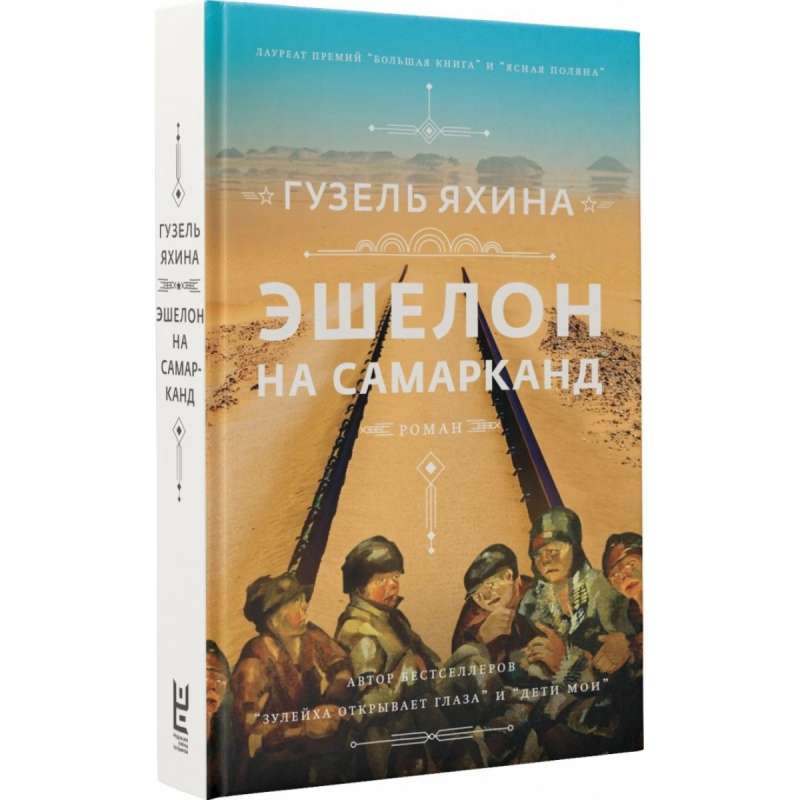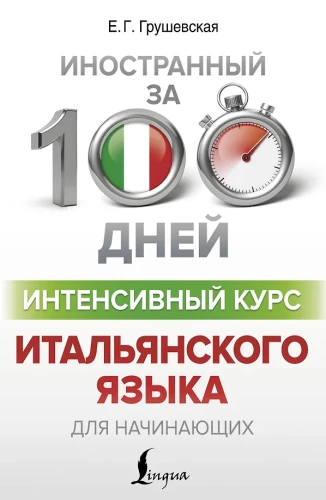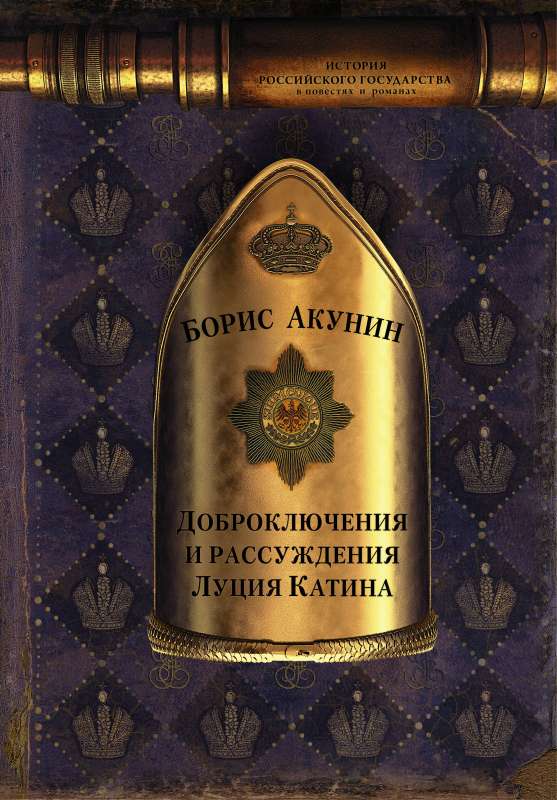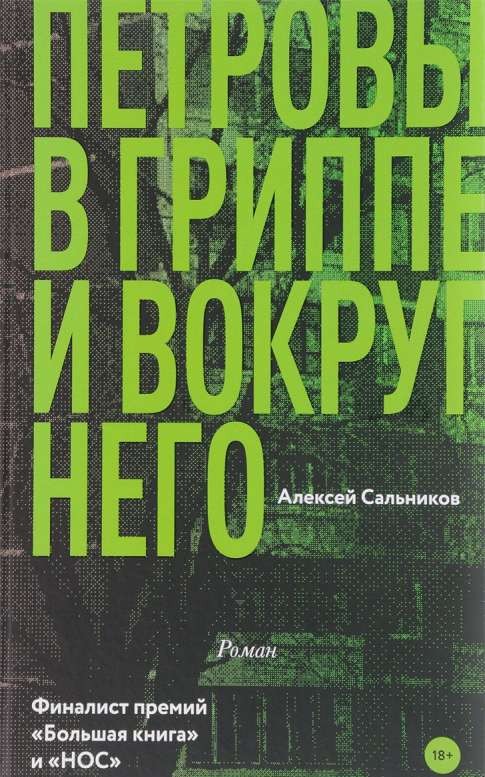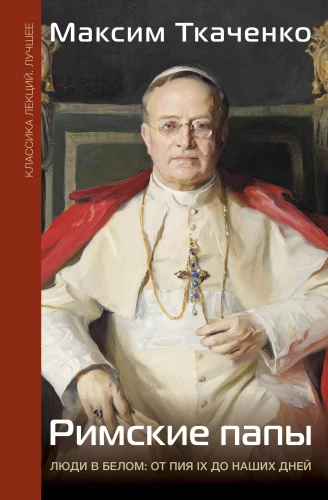The State. What Philosophers Write About It
Since ancient times, the state has been an integral part of society, as well as a means of its organization. Even in Antiquity, representatives of intellectual circles began to reflect on the nature of power. The ancient Greek philosophers Plato... and Aristotle considered the state to be a system of norms that determines the way of life for all involved in governance, while the Roman thinker Cicero saw it as the personal responsibility of the ruler. However, over the centuries, the understanding of this phenomenon has changed. In the Middle Ages, political theorist Niccolò Machiavelli and philosopher Thomas Hobbes believed that the state evolves into a mechanism of gifts and punishments, and power becomes a special force, not foreign to moral violence. A little later, John Locke justified the separation of powers into legislative, executive, and judicial, while Kant spoke of a perpetual peace as the ultimate goal of all states. Subsequent philosophers predominantly criticized power: it is powerful, can easily seize the minds of people, so it is necessary to define its limits and be able to direct it toward noble goals. This book will help to see how the definition of the state has changed in world philosophy and understand what the main luminaries of humanitarian thought invested in it.
Author: ПЛАТОН, МАКИАВЕЛЛИ Н.
Printhouse: AST
Series: Clear Philosophy
Age restrictions: 12+
Year of publication: 2023
ISBN: 9785171552701
Number of pages: 288
Size: 210x135x19 mm
Cover type: твёрдая
Weight: 302 g
ID: 1611113
